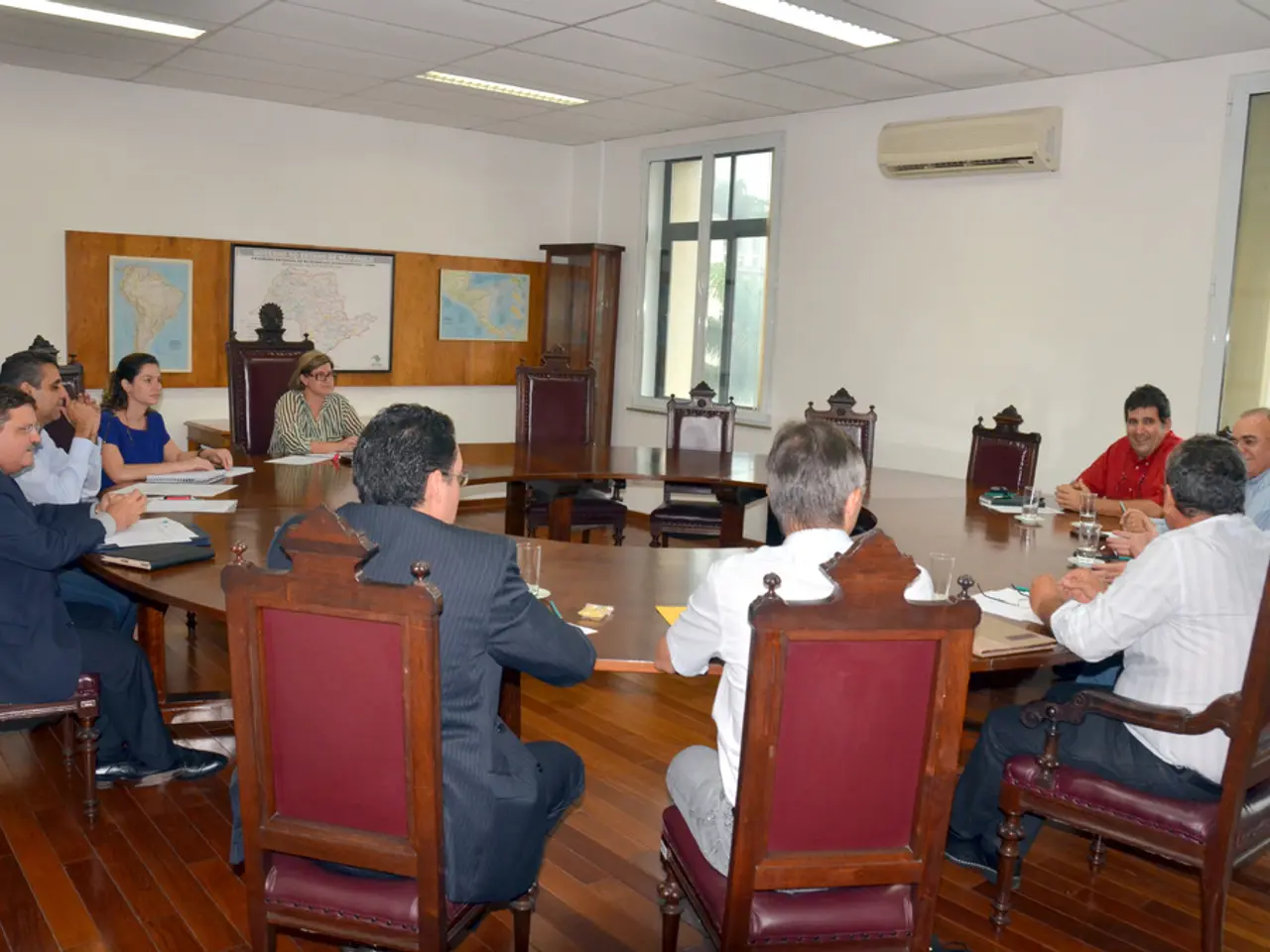Enhancing Air Quality within Social Housing Complexes
In the wake of the tragic death of two-year-old Awaab Ishak due to excessive damp and mould in his home in Rochdale, Greater Manchester, in December 2020, the focus on improving living conditions in social housing has intensified. This article delves into the efforts made by Rochdale Boroughwide Housing (RBH) and a technology company, Aico, to combat this pervasive issue.
In 2021, local authorities and housing organisations, including RBH, began implementing strategies to better insulate properties, lower energy bills, and reduce CO2 emissions. This was part of a broader initiative to create healthier and more comfortable living environments for tenants.
Following the incident, RBH underwent significant changes. Yvonne Arrowsmith replaced Gareth Swarbrick as the new Chief Executive, tasked with turning the organisation around. Swarbrick was sacked last November, and since then, Graeme Miller has been the Chair of the RBH board, with the goal of rebuilding trust with tenants, communities, and partner organisations.
In response to the crisis, RBH has implemented a new recovery plan with a focus on putting tenants' needs first. This includes frequent monitoring by a damp and mould taskforce. As part of this effort, RBH plans to invest an additional £45 million into existing properties over the next five years and £1.2 million on improving ventilation at the Freehold estate.
Aico, a technology company, has developed environmental sensors to detect and prevent mould in homes. These sensors are equipped with an algorithm, called SVE, that predicts the causes of mould issues. SVE consists of six Damp and Mould Components. Aico offers these sensors to landlords at a discounted price, and the subscription fee is around £4 per year. Placing a sensor in the bathroom can inform about the factor causing a damp problem, such as insufficient ventilation.
The government has also taken steps to improve living conditions in social housing. In November 2022, a coroner revealed the cause of Awaab's death, leading to the surfacing of similar cases. As a result, England's Regulator of Social Housing stated that up to 160,000 social homes in the country have 'notable' damp and mould problems, and a further 8,000 have severe problems that pose a serious and immediate risk to health. In response, the government issued a new guideline, known as "Awaab's Law", to improve living conditions in social housing.
In the fight against damp and mould, Aico's 'biggest goal' is to tackle this issue in social housing. The company's efforts, along with the new strategies implemented by RBH and the government's guidelines, offer hope for a healthier future for social housing tenants.
This feature article was published in Air Quality News Magazine, shedding light on the ongoing efforts to improve living conditions in social housing and prevent tragedies like Awaab's death. The story serves as a reminder of the importance of prioritising tenant welfare and the need for continued vigilance and innovation in the housing sector.
Read also:
- Nightly sweat episodes linked to GERD: Crucial insights explained
- Antitussives: List of Examples, Functions, Adverse Reactions, and Additional Details
- Asthma Diagnosis: Exploring FeNO Tests and Related Treatments
- Unfortunate Financial Disarray for a Family from California After an Expensive Emergency Room Visit with Their Burned Infant








